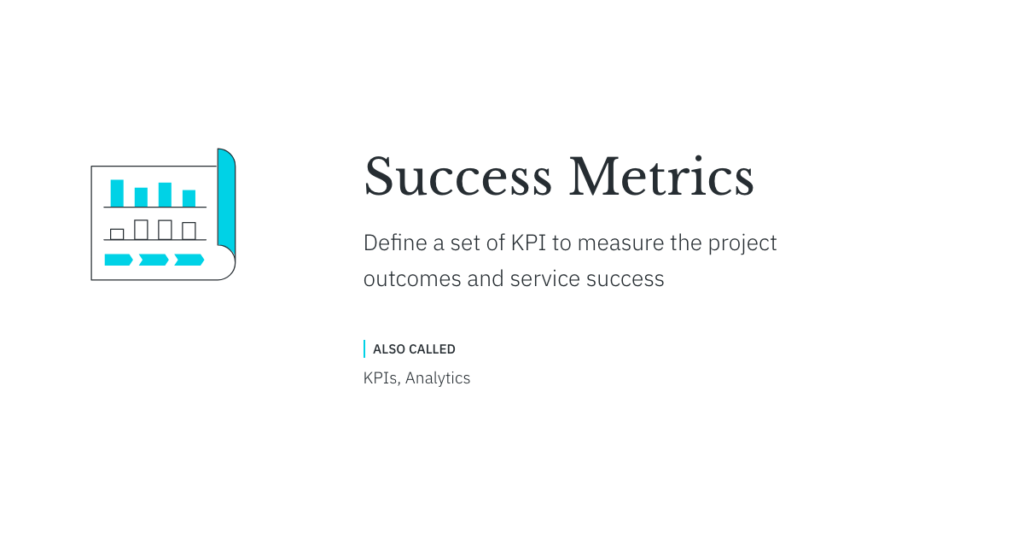
Metrics to Check a Startup’s Success
Metrics to Check a Startup’s Success https://theraise.eu/wp-content/uploads/2023/11/success-metrics-social-img-1024x538.png 1024 538 RAISE fosters startup growth and scale-up within and across Europe RAISE fosters startup growth and scale-up within and across Europe https://theraise.eu/wp-content/uploads/2023/11/success-metrics-social-img-1024x538.pngStarting a new business, or a startup, is an exciting and challenging endeavor. Success is the ultimate goal, but how can you measure it? To track your startup’s progress and determine its success, you need to focus on specific metrics. In this article, we will explore some important metrics that can help you assess your startup’s performance.
- Revenue and Profit
Revenue is the money your startup earns from selling products or services, while profit is what’s left after deducting all expenses. These are fundamental metrics to measure your financial success. Increasing revenue and profit over time is a good sign that your startup is on the right track.
- Customer Acquisition Cost (CAC)
CAC is the cost associated with acquiring a new customer. To calculate it, add up your marketing and sales expenses and divide it by the number of new customers acquired in a given period. A lower CAC means your startup is efficiently acquiring new customers.
- Customer Lifetime Value (CLV)
CLV is the total value a customer brings to your business over their lifetime as a customer. It’s crucial to have a high CLV to ensure long-term profitability. You can increase CLV by providing excellent service and products to encourage repeat business.
- Churn Rate
Churn rate measures the number of customers who stop using your product or service. A high churn rate can be a warning sign, indicating that you need to improve customer satisfaction and retention strategies.
- Monthly Recurring Revenue (MRR)
For subscription-based businesses, MRR is a critical metric. It measures the predictable revenue you can expect each month. Increasing MRR is a positive sign of growth and stability.
- User Engagement
For startups with digital products or services, user engagement is vital. Track metrics like daily or monthly active users, time spent on your platform, and the number of interactions. Higher user engagement often leads to more significant success.
- Net Promoter Score (NPS)
NPS measures customer satisfaction and their likelihood to recommend your business to others. A high NPS indicates that your customers are happy and can be your best advocates.
- Burn Rate
The burn rate is the rate at which your startup spends its cash reserves. It’s important to monitor this metric to ensure you have enough funds to sustain your business until it becomes profitable.
- Market Share
Your startup’s market share shows how much of the total market for your product or service you’ve captured. Growing your market share over time is a good sign of success.
- Runway
Runway is the amount of time your startup can operate with the available cash reserves. It’s important to have a sufficient runway to weather challenges and reach profitability.
Assessing Progress: Key Metrics for Startup Growth
Measuring a startup’s success involves looking at a combination of financial and non-financial metrics. By tracking these key indicators, you can get a better understanding of your startup’s performance and make informed decisions to ensure its growth and success. Remember that success can take time, and consistently monitoring these metrics can help you stay on the right path to achieving your goals.
Photo via sdt
- Posted In:
- Uncategorized

